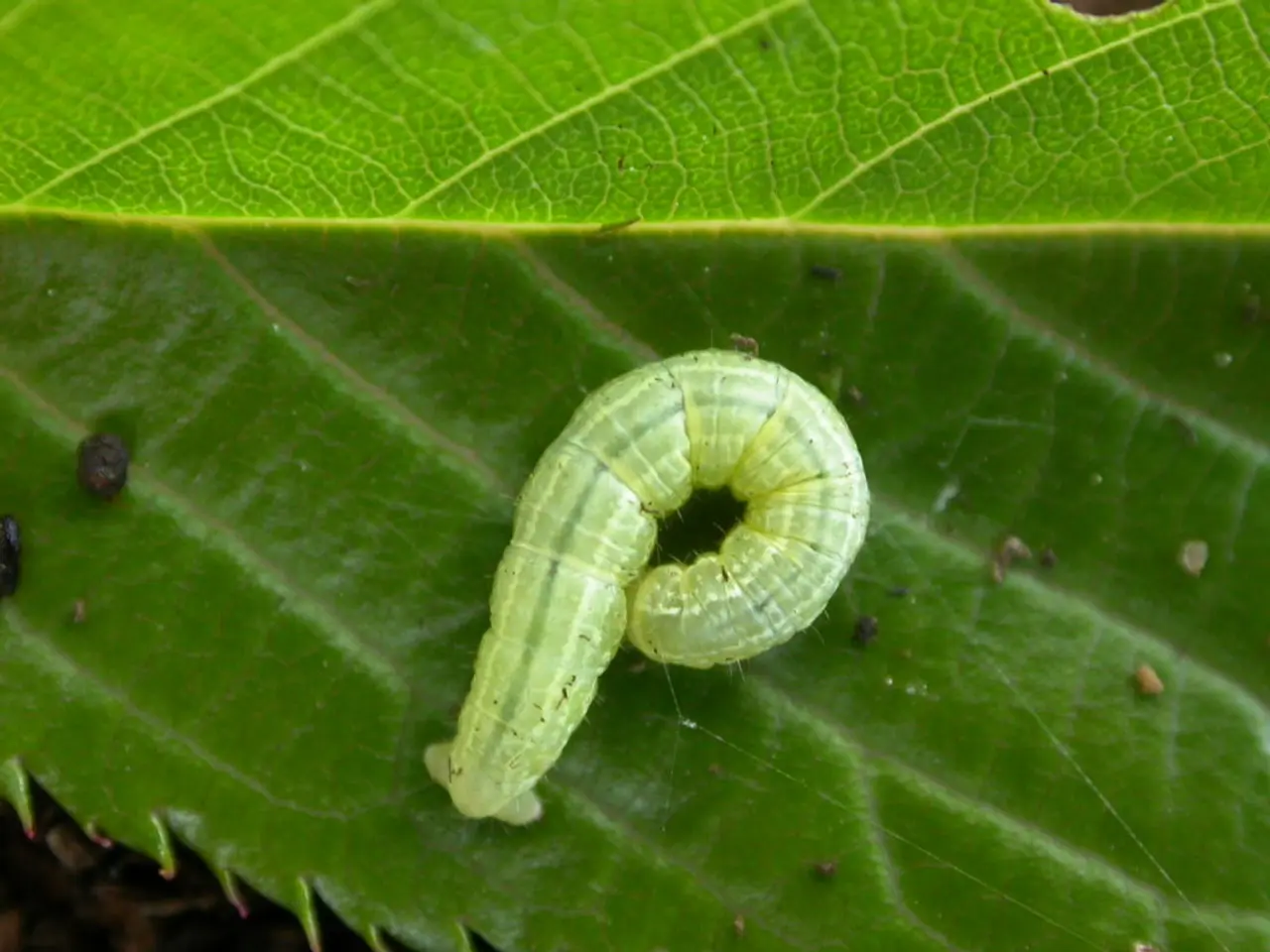Advantages of Vermiculture for Nutritious Veggies
Worm composting, or vermicomposting, is a sustainable and eco-friendly method that produces worm castings - a rich source of nutrients for plant growth. This practice has gained popularity among gardeners and farmers due to its numerous advantages for organic vegetable production.
Enhancing Soil Fertility and Nutrient Availability
Worm compost supplies essential nutrients such as nitrogen, phosphorus, and potassium in forms readily available to plants, reducing the need for synthetic fertilizers. These nutrients, present in worm castings, are easily absorbed by plants, providing a nutritional boost.
Improving Soil Physical Properties
Worm compost enhances soil structure by increasing aeration, internal drainage, and water retention capacity, promoting healthier root development and reducing soil erosion. The addition of worm compost to soil also adds structure, allowing air to flow freely.
Promoting Plant Growth and Yield
Worm compost provides natural plant growth hormones such as auxins and gibberellic acid, which stimulate seed germination, plant development, and increase crop yields. Worm castings help retain moisture, keeping plants hydrated even in dry spells, further contributing to their growth.
Supporting Beneficial Microbial Ecosystems
The microbial diversity in worm castings promotes plant health, aids nutrient cycling, and suppresses soil-borne pests and diseases, contributing to sustainable disease management. Worm compost encourages beneficial organisms in the soil, improving soil life.
Recycling Organic Waste
Vermicomposting converts food scraps and organic residues into valuable soil amendments, reducing landfill waste and the carbon footprint associated with conventional waste disposal. Worm composting is a way to connect with nature and grow better crops while contributing to a greener planet.
Reducing Chemical Inputs and Environmental Contamination
By improving nutrient retention in the soil and supplying nutrients naturally, worm compost minimizes nutrient runoff and leaching into water bodies. Using worm compost is a step towards sustainable agriculture, reducing the need for chemical fertilizers and pesticides.
Moreover, the microorganisms in worm compost create a healthy environment that naturally deters pests. Worm composting significantly improves soil aeration, creating tiny air pockets for better root breathing. Worm castings improve soil structure, making it soft and crumbly for easy root growth.
In summary, worm compost not only enriches soil biologically and physically but also supports sustainable organic vegetable production by recycling waste and reducing environmental pollution. Embracing worm composting is a step towards a greener, healthier, and more productive garden.
- Worm composting, a sustainable method, provides essential nutrients like nitrogen, phosphorus, and potassium for plant growth, lessening the dependency on synthetic fertilizers.
- The practice of worm composting enhances soil structure, promoting healthier root development, water retention, and reduced soil erosion.
- By adding worm compost to soil, effective aeration, internal drainage, and water retention capacity are achieved, fostering a conducive environment for root development.
- Worm compost enriches plants with natural growth hormones such as auxins and gibberellic acid, enhancing seed germination, plant development, and crop yields.
- The microbial diversity in worm castings encourages beneficial organisms in the soil, promoting plant health, aiding nutrient cycling, and suppressing soil-borne pests and diseases.
- Vermicomposting reduces landfill waste by converting food scraps and organic residues into valuable soil amendments, contributing to a greener planet and sustainable agriculture.




